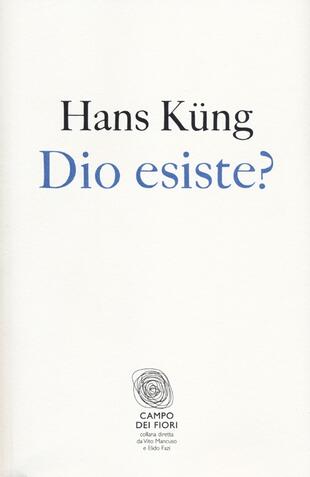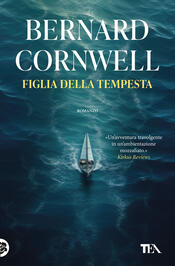Sinossi
Torna in libreria, dopo l'edizione Mondadori del 1979, un classico della teologia e della filosofia contemporanee. Nella nuova prefazione Hans Küng afferma che oggi "sia i rappresentanti di Dio in terra sia i loro oppositori hanno perso credibilità". La crisi della Chiesa e delle ideologie però non ha fatto cadere l'attenzione per la domanda sull'assoluto, semmai l'ha resa più intensa: Dio esiste? E se sì, chi è? Dov'è? Come lo possiamo conoscere? Küng ha la sua risposta ovviamente, ma questo saggio si sviluppa soprattutto attorno all'inquietudine, alla curiosità, al dubbio, come appare già dall'impressionante abbondanza di punti interrogativi, così insolita per un libro di teologia. In queste pagine si snoda un lungo viaggio alla ricerca del fondamento della fede. Si impara a conoscere che cosa pensavano di Dio i protagonisti del pensiero moderno, Descartes e Pascal, Spinoza e Kant, Hegel e Schopenhauer, Feuerbach e Marx, Nietzsche e Heidegger e molti altri. Il confronto si allarga agli esploratori della psiche come Freud, Jung, Adler, e a uomini di scienza come Darwin, Einstein, Heisenberg. L'obiettivo di Küng però non è riducibile a una disputa tra dotti: con stile fresco e coinvolgente, egli scandaglia nel passato per illuminare il presente e far emergere tutta l'urgenza delle eterne domande dell'uomo.
- ISBN:
- Casa Editrice:
- Pagine: 1096
- Data di uscita: 18-10-2012
Recensioni
This book was not an easy read, but I found it very engaging. Rather than "Does God Exist? An Answer for Today" the book could easily be titled "Who is God?" It's focus is not so much apologetic but a historical and philosophical analysis of how we think about God, beginning with the Enlightenment a Leggi tutto
This quite interesting book addresses two main and fundamental questions on theology and on philosophy alike: Does God exist? and Who is God? Its intended readership is also twofold: those who are ''doubtful about their belief'' and those who are ''doubtful about their doubting.'' Thus, not all thei Leggi tutto
This book took me 5 months to read on and off, not because it was boring -it was anything but- or because it was too difficult -though sections I do admit were complex and hard to comprehend, it was immensely intelligible-, no, I took my time with this one because I wanted to savour each and every p Leggi tutto
Absolutely one of my favorite books of all time. "Serious theology does not claim any elitist, privileged access to truth: It cannot in any case be meant to be intelligible only to believers [...] Serious theology does not claim any complete, total possession of the truth, nor any monopoly of truth: Leggi tutto
I don't feel qualified to comment extensively on this book, as I am no philosopher. I've learned a lot from it. I don't think his argument for the existence of God is particularly convincing. Perhaps it is not meant to be, but only to allow one permission to have faith in God (which most days I do a Leggi tutto
This is a really interesting book… it took me a lot longer than I expected, and that is a good thing. First, this book is from 1978, which gave a nice window into the past. Some thinkers (like Hegel, Marx) are less popular now, but that doesn’t diminish the value of the discussion. Lamenting about pe Leggi tutto
Quizá es hacer spoiler, pero sí existe para el autor. El libro tiene muchos problemas. En primer lugar, 200 página son solo notas sobre las obras citadas. Las primeras 450 páginas son una historia de la filosofía sobre la pregunta acerca de Dios. Si uno no ha estudiado filosofía esta es la parte más Leggi tutto
1. This feels like four or five books crammed into one, so it's not always clear how different sections fit with others and with the whole. But this book is pretty good, and Küng is obviously a brilliant guy. 2. Whether the book is convincing to skeptical, agnostic, and atheist readers is another qu Leggi tutto
Citazioni
Al momento non ci sono citazioni, inserisci tu la prima!

























